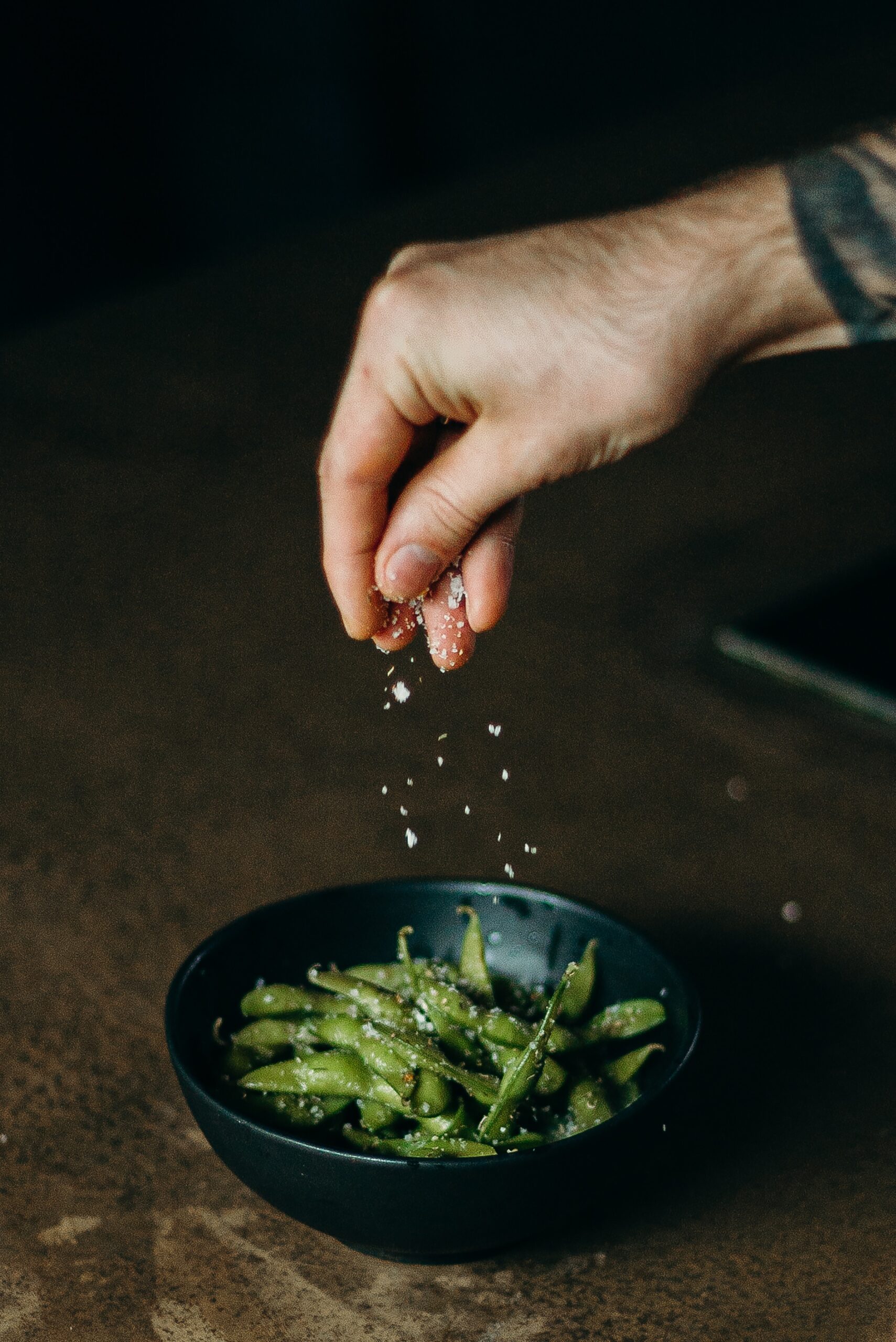In order to reduce the amount of plastic waste, some companies are adopting biodegradable plastics that eventually disintegrate. More often than not, the easier the materials break down, the flimsier they are. How to make stronger biodegradable materials has become a research area. Some researchers have added petroleum-based additives, but these can slow down degradation.
Researchers Jeyoung Park, Dongyeop Oh, Hyeonyeol Jeon, Jun Mo Koo published their new findings in a ACS Sustainable Chemistry & Engineering report; “seasoning” a biodegradable bioplastic called poly(butylene succinate) (PBS) with fruit-derived tartaric acid or citric acid could improve the plastic’s mechanical properties.
The researchers made seasoned PBS by first heating succinic acid and 1,4-butanediol with small amounts of either tartaric or citric acid. Then, they added titanium(IV) butoxide and dried the products. In tests, the two new films stretched more than twice as far before breaking and let through less oxygen compared to pure PBS. These results indicate that, unlike the original version, the new materials could be successfully used for bags or food packaging, say the researchers. Additionally, the two seasoned materials were stronger than many conventional biodegradable plastics and some petroleum-based products. One potential downside is that it took the new additive-containing polymers slightly longer to break down in water compared to pure PBS over 14 weeks, though that could be beneficial for food packaging applications in humid environments. Because the “seasoning” approach is relatively simple, the researchers say the new plastics could be made using current industrial processes, potentially replacing petroleum-based polymers.
The authors acknowledge funding from the Technology Development Program funded by the Ministry of Trade, Industry and Energy, and the Basic Science Research Program through the National Research Foundation of Korea.




